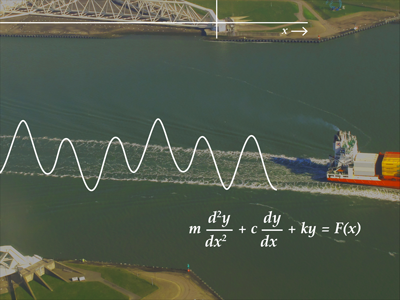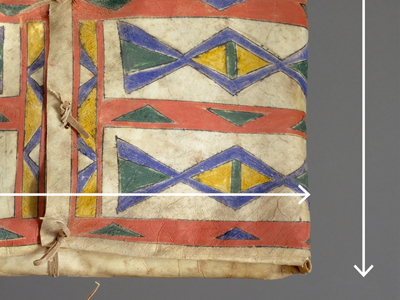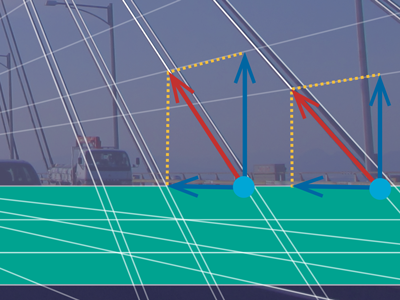Overview
This course provides an overview of bachelor-level calculus of multivariable functions (Calculus II). You will review many basic concepts related to differentiation and integration of multivariable functions.
A strong foundation in mathematics is critical for success in all science and engineering disciplines. Whether you want to make a strong start to a master’s degree, prepare for more advanced courses, solidify your knowledge in a professional context or simply brush up on fundamentals, this course will get you up to speed.
Calculus is the branch of Mathematics that deals with differentiation and integration of functions; techniques that play a major role in solving many of the problems encountered in an engineer’s everyday life.
This course will lay the foundations of multivariable calculus as it introduces differentiation and integration techniques for functions of two or more variables. Among other things you will learn to differentiate and linearize multivariable functions, find critical points and extreme values, and integrate multivariable functions using a variety of coordinate systems.
Our courses in calculus offer enough depth to cover what you need to succeed in your engineering master’s or profession in areas such as modeling, physics, fluid dynamics, dynamical systems and more.
This is a review course
This self-contained course is modular, so you do not need to follow the entire course if you wish to focus on a particular aspect. As a review course you are expected to have previously studied or be familiar with most of the material. Hence the pace will be higher than in an introductory course.
This format is ideal for refreshing your bachelor level mathematics and letting you practice as much as you want. Through the Grasple platform, you will have access to plenty of exercises and receive intelligent, personal and immediate feedback.
This course is part of our series Mastering Mathematics for Engineers, and together with the course Calculus I part of the program Mastering Calculus.
What You'll Learn
- Visualize functions of two variables and read off qualitative information from graphs and contour plots.
- Calculate (higher order) partial derivatives for a variety of multivariable functions.
- Calculate and interpret directional derivatives and gradients of multivariable functions.
- Find and classify critical points of functions of two variables and determine extreme values for functions of compact domains.
- Evaluate double integrals over general integration domains using cartesian or polar coordinates.
- Evaluate triple integrals over general integration domains using cartesian, cylindrical or spherical coordinates.
Details
Course Syllabus
Week 1:
- multivariable functions
- graphs of functions of two variables
- contour plots
Week 2:
- partial derivatives
- tangent planes and linearizations
- higher order partial derivatives
- chain rule
Week 3:
- directional derivatives and gradients
- maximizing directional derivatives
- applications of gradients
Week 4:
- extreme values
- critical points
- finding extreme values
Week 5:
- double integrals
- integrals over rectangles
- double integrals over general regions
- polar coordinates
Week 6:
- triple integrals
- triple integrals over general regions
- cylindrical coordinates
- spherical coordinates
Qualifications
Chartered Engineering Competences
All our online courses and programs have been matched to the competences determined by KIVI’s Competence Structure, a common frame of reference for everyone, across all disciplines, levels and roles.
These competences apply to this course:
- A1: Extend your theoretical knowledge of new and advancing technologies.
Admission
This is a Massive Open Online Course (MOOC) that runs on edX.
Prerequisites
Prior knowledge of all the material covered.
This course is a continuation of Calculus I and as such relies heavily on many of the concepts learned in pre-university mathematics and in Calculus I. Prerequisites include elementary functions, trigonometry, algebra, knowledge of functions and their domains and ranges, basic differentiation techniques, vectors, dot-product, cross-product, basic integration techniques.
This course is a review course. As such the course requires you to have studied Calculus II in the past or are at least familiar with its course contents.


